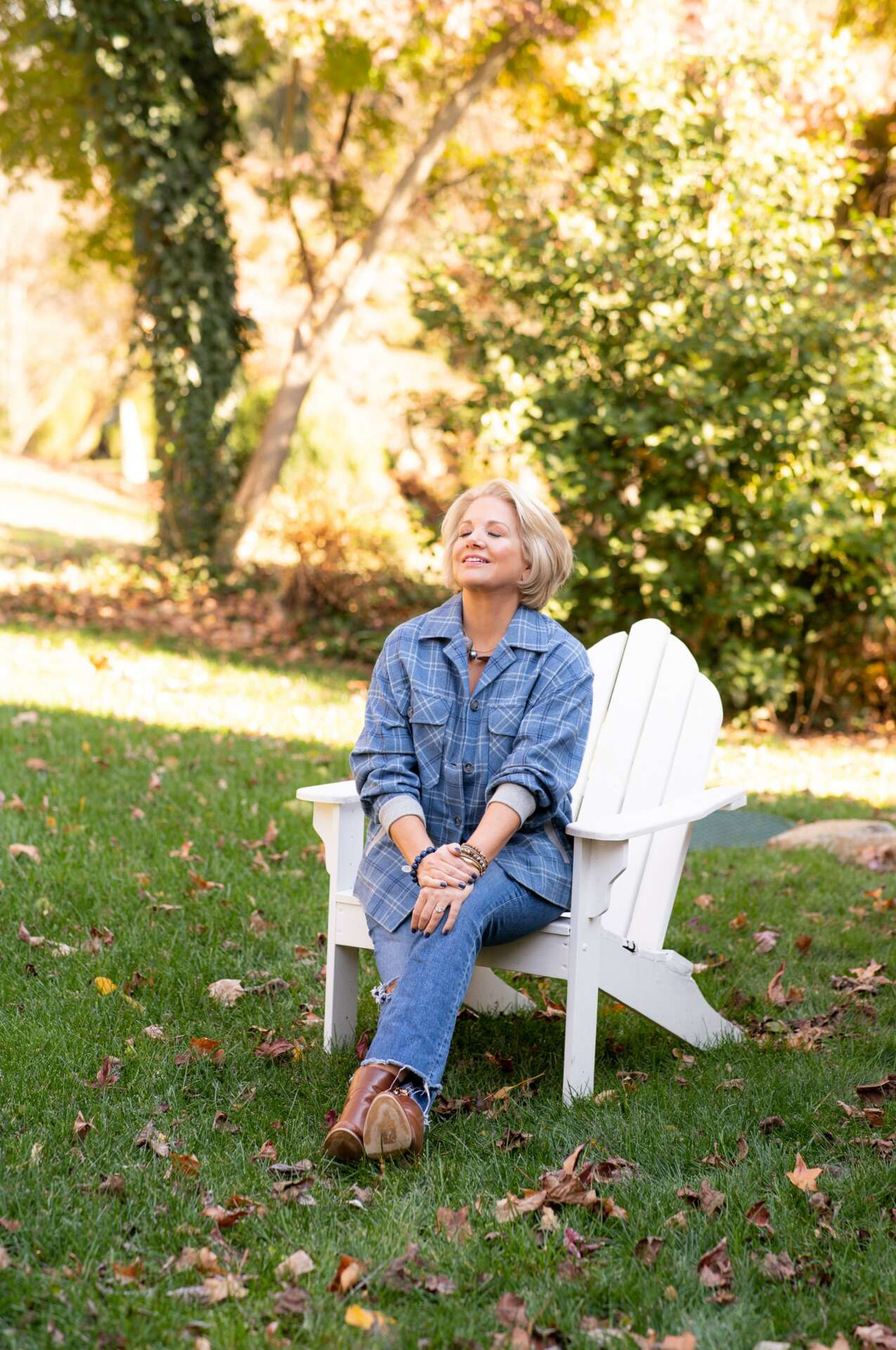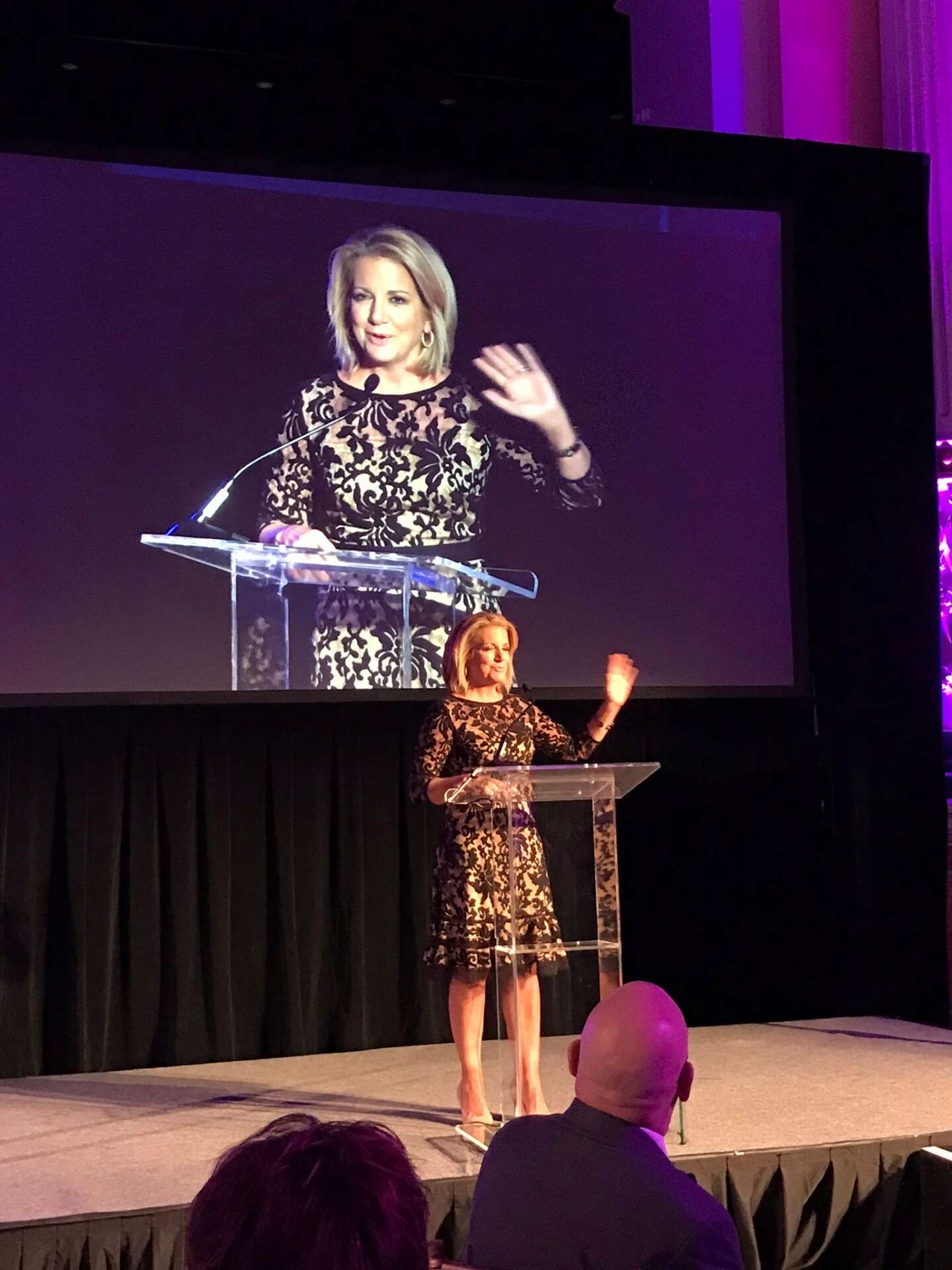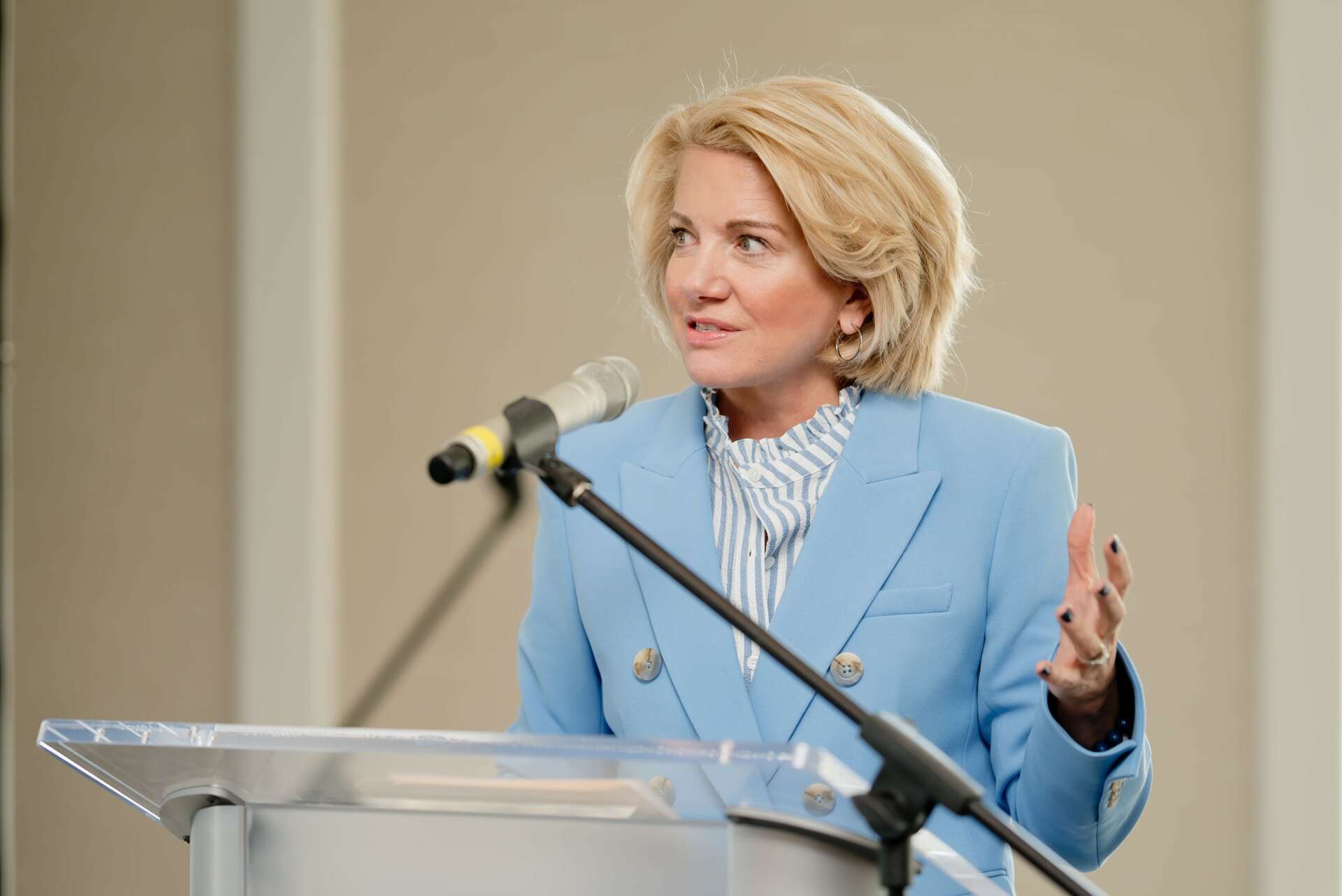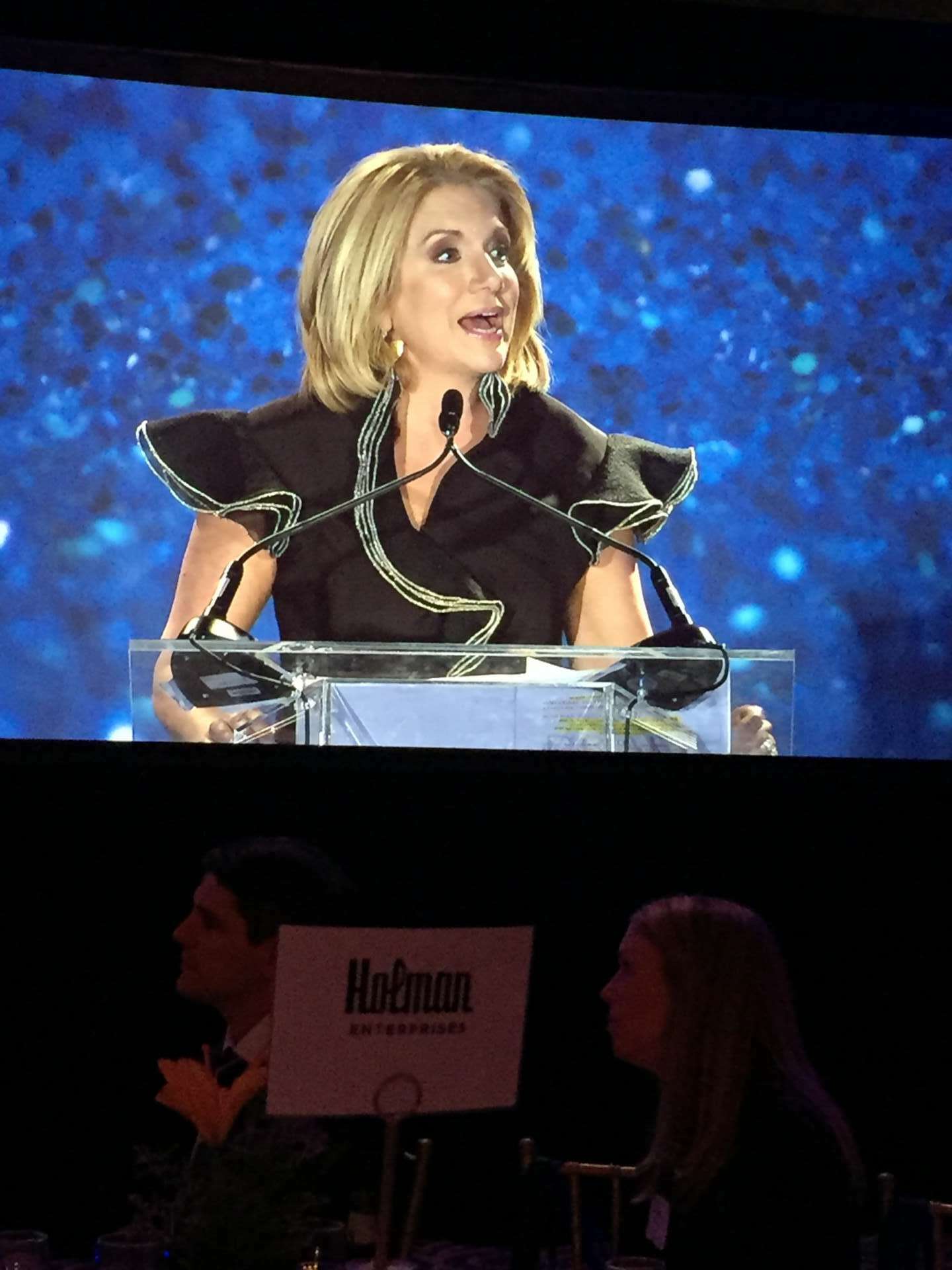Alright – so today we’ve got the honor of introducing you to Tracy Davidson. We think you’ll enjoy our conversation, we’ve shared it below.
Tracy, appreciate you joining us today. How did you learn to do what you do? Knowing what you know now, what could you have done to speed up your learning process? What skills do you think were most essential? What obstacles stood in the way of learning more?
Learning all the skills required to be a broadcast journalist took many years, many extra- unpaid hours, night and weekend… many holidays away from my family. And Yes, it was worth it. I have always been curious so the occupation served me well but that curiosity helped me acquire the skills quickly. I identified people who knew what I wanted to know and connected. I asked a lot of questions and I volunteered to do a lot, knowing that experiences would propel me forward. So skills? I would say work ethic, focus, resilience.
Knowing what I know now- I would have gotten myself involved with professional organizations & events earlier in my career so I could tap into talent outside m immediate local sphere.

Tracy, love having you share your insights with us. Before we ask you more questions, maybe you can take a moment to introduce yourself to our readers who might have missed our earlier conversations?
Honestly, I didn’t have a plan. But when I got to college I was drawn to the college radio station. I came from a very dysfunctional & chaotic home and my brother and I would find solace in music. So, music I knew. That quickly lead me to another radio station that focused on news- information from around the community & around the world. I was hooked. After making the transition to TV, I began focusing on consumer issues. I was a weekday anchor but the stories that drew my passion were those about helping people. No surprise that decades later I would still be helping people.
My current role is anchor of 4 & 5 newscast at the NBC station in Philadelphia. Besides that, I’m the “Responds” reporter. Viewers bring us consumer complaints that they’ve tried every which way to solve themselves. That’s when we go to work. And since our Responds program started, we’ve been able to recover more than 2 million dollars worth of money, goods & services for our viewers.
In this era when people have multiple platforms to choose from to get their information, our Responds brand sets our station and me personally apart.
Helping people with information and giving them hope has been my brand for almost 40 years. Recently going through an old box of clippings and seeing the many articles & awards… I was consistent- no one ever had to guess what I was about. That made branding pretty easy.
Everything I did was put through a self filter of my brand.
(Personal- every year I take a couple of days and go away to assess my life. I *say (tell myself and others) I’m about X,y,z… but is that where I’m spending my time and energy? And if the two are not aligned, I adjust the sails.

Any insights you can share with us about how you built up your social media presence?
Being a consumer reporter I was always looking to include “real people” in my stories. I also always had more information on my stories than I had time to share on TV. That’s when I discovered Facebook. When it first became mainstream, I knew right away how it could help me do my job better. I was the first one in our newsroom to have a FB page. There were more than a few colleagues who told me that using such a thing was not journalistically credible. But when I began to show up to idea meetings with stories that viewers had shared with me, they began to understand. And when we were in “storm coverage” during a massive winter storm and I was getting messages while on the air and pictures from viewers who were communicating with me through FB, they =began to understand the value.
Best advice- be authentic through & through. That’s the only way to make sure that everything you post, regardless of the platform is aligned with your brand. Be very intentional. Because if customers/users/viewers are confused by what you’re about- you don’t have a chance.

Can you share a story from your journey that illustrates your resilience?
I actually study the science of resilience. Much of it has to do with your view of the world and how you respond to something unexpected. My life has been a journey of resilience and adapting beginning with a childhood surrounded by chaos and substance abuse… It taught me the skills of problem solving and *choosing to believe the best was possible. That has served me well in a the TV business of ups & downs.
And resilience is a practice.. it’s not something you have or not… it is something anyone can develop with practice and self awareness..

Contact Info:
- Website: Www.tracydavidson.com
- Instagram: @tracydavidsonnbc10
- Facebook: @tracydavidsonnbc10
- Linkedin: Tracy Davidson
- Twitter: @tracydavidson


